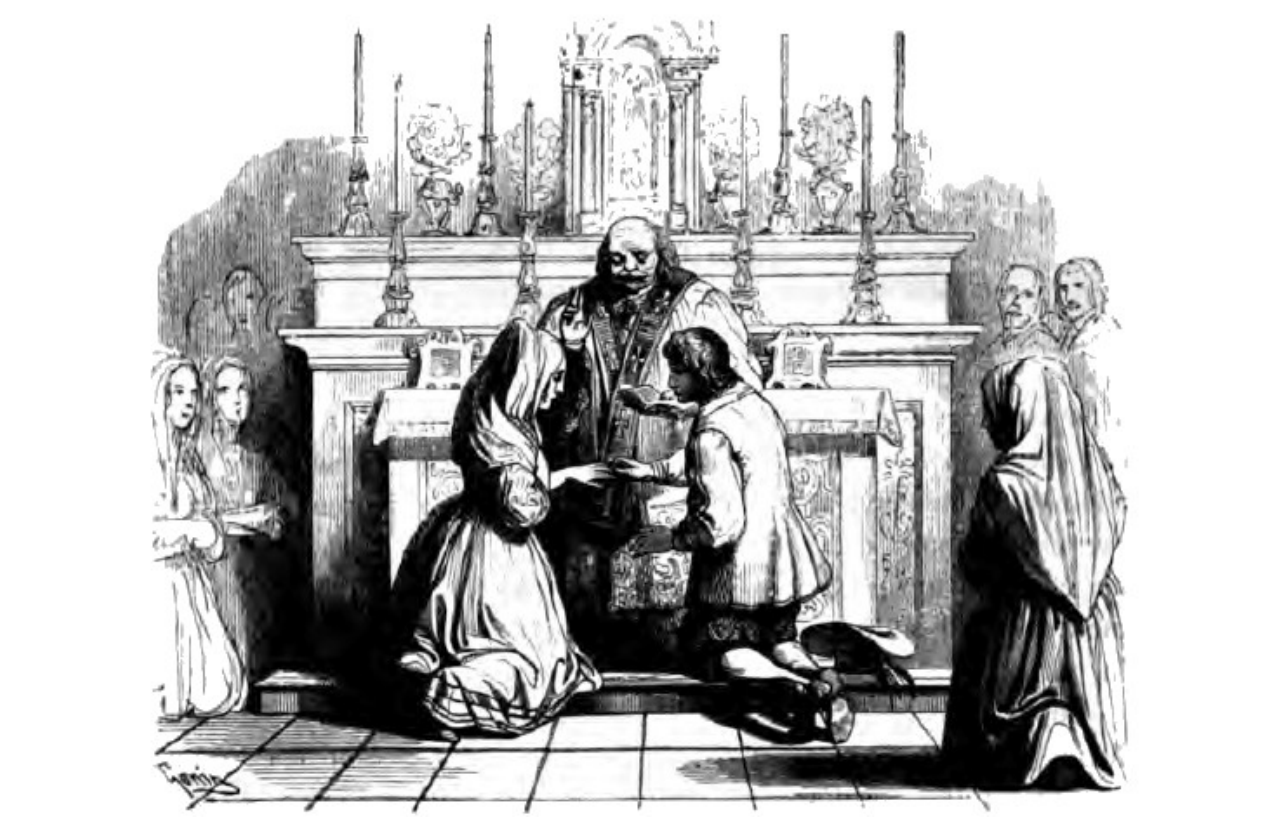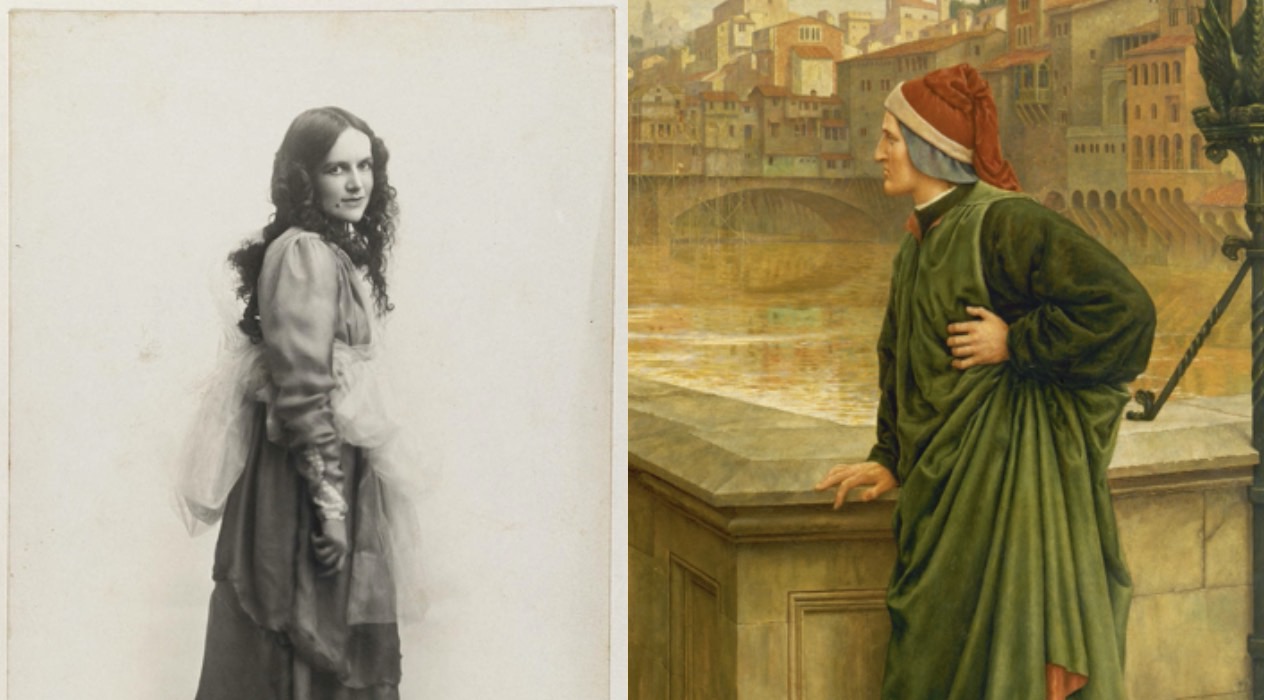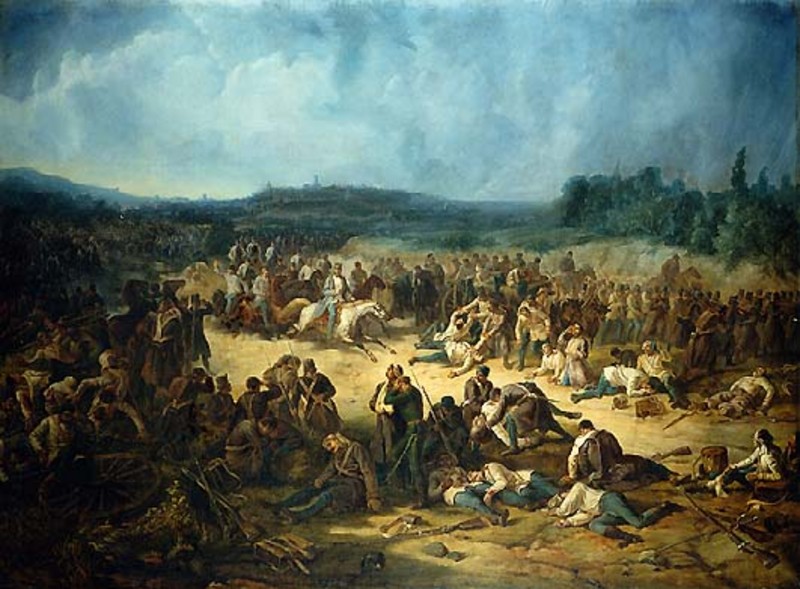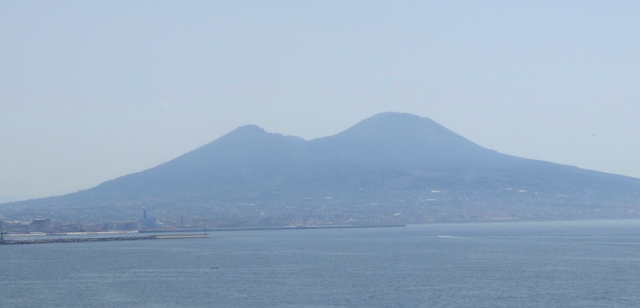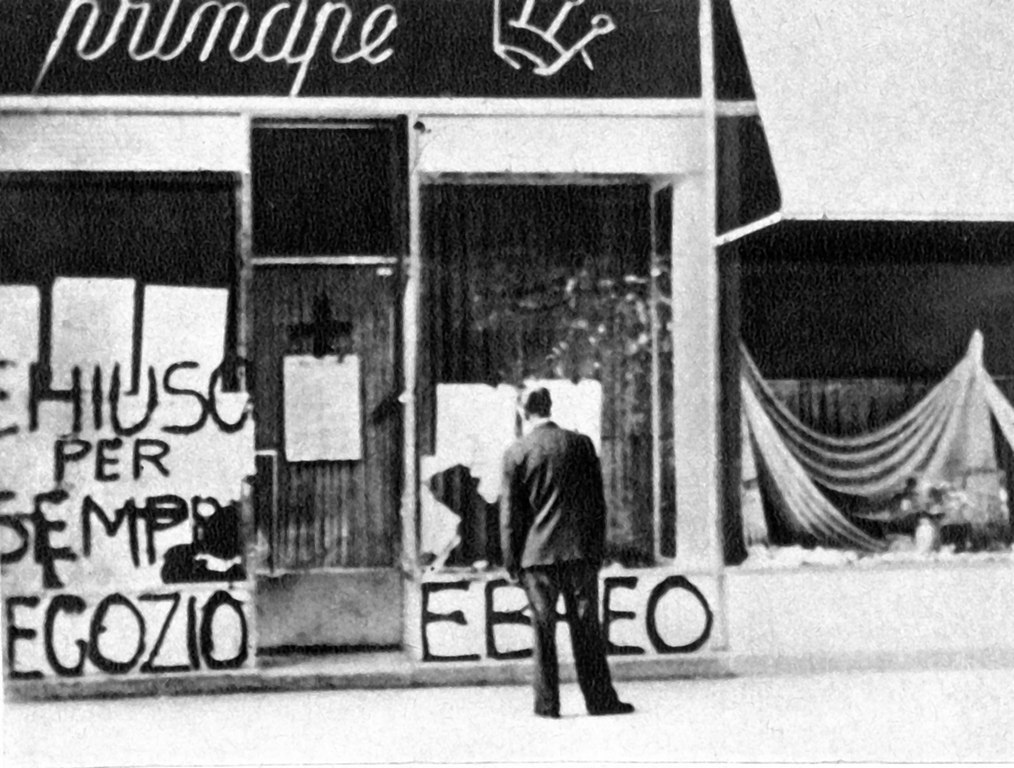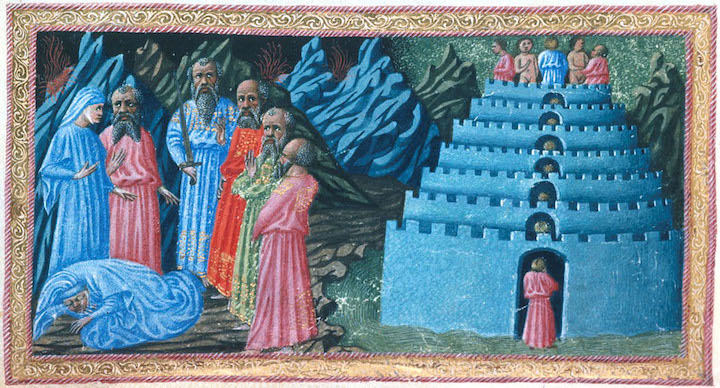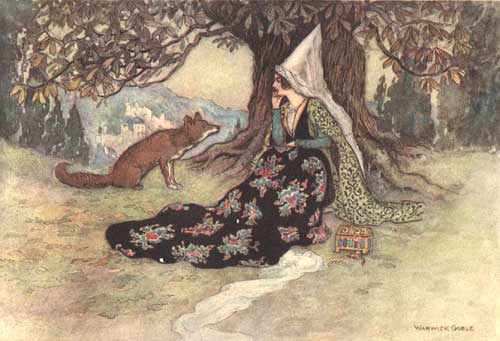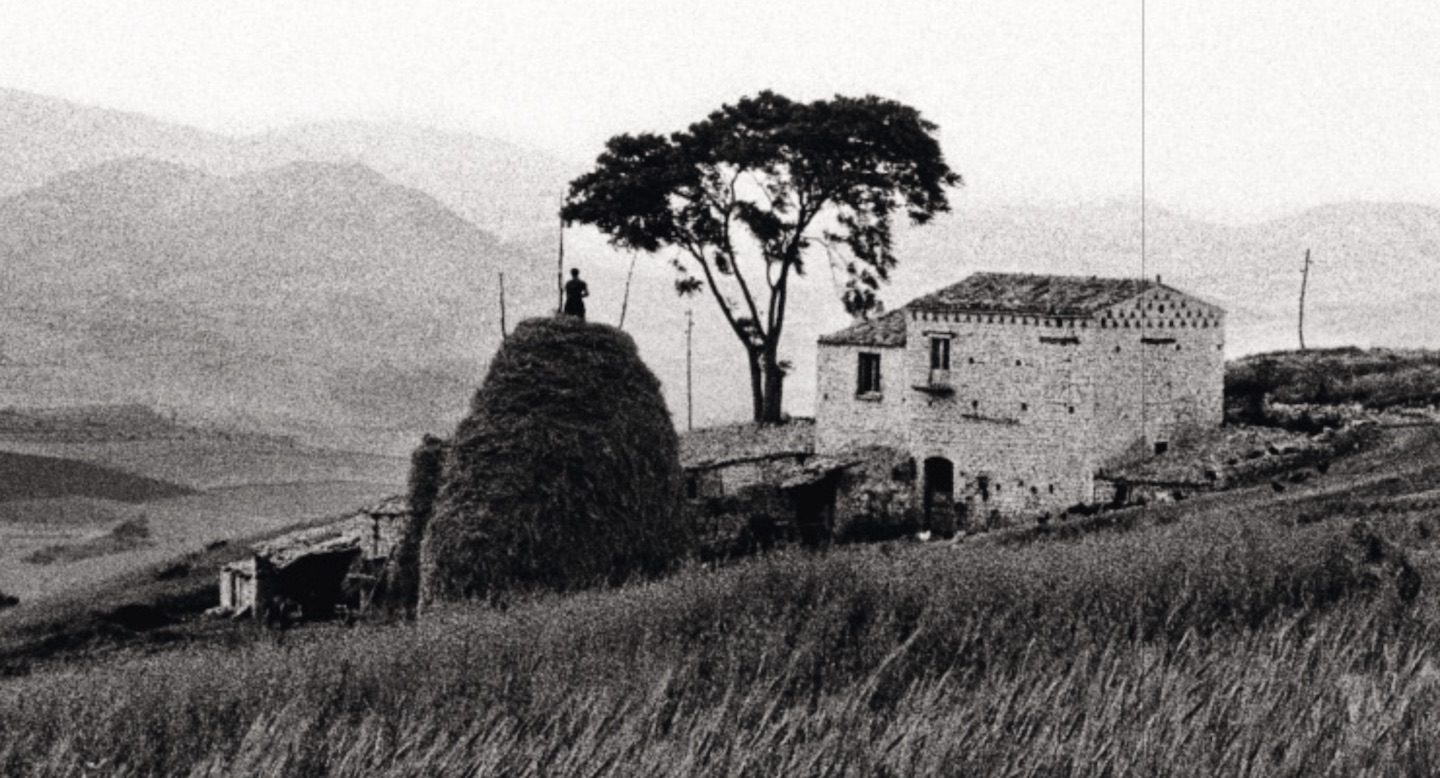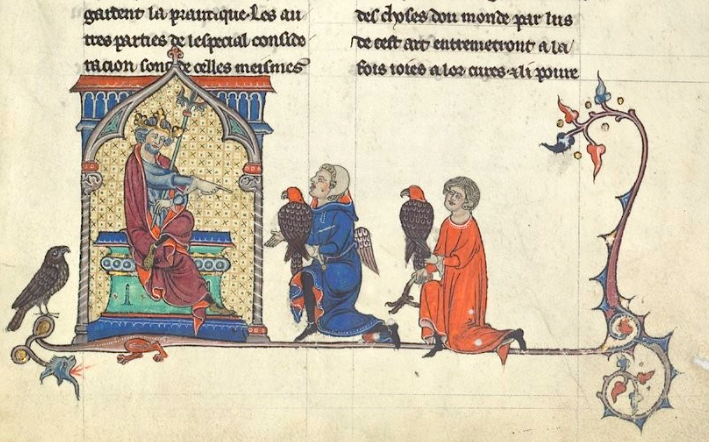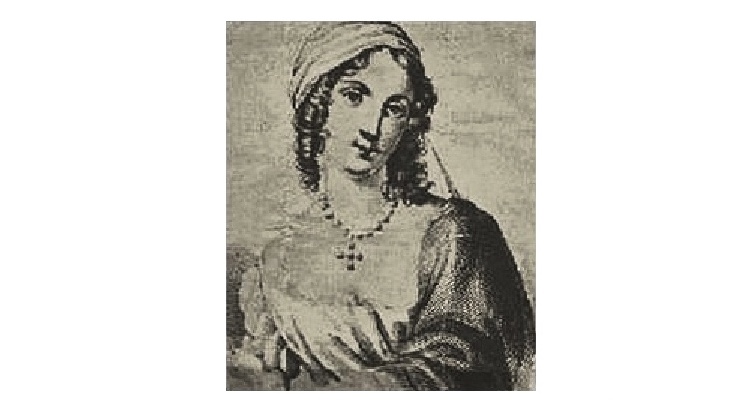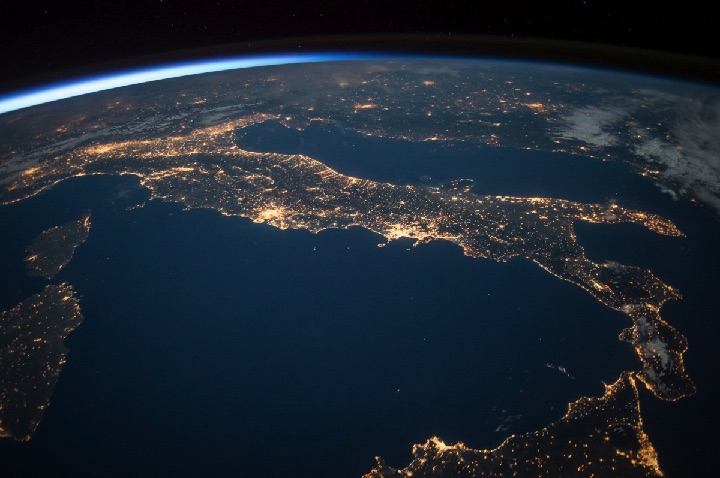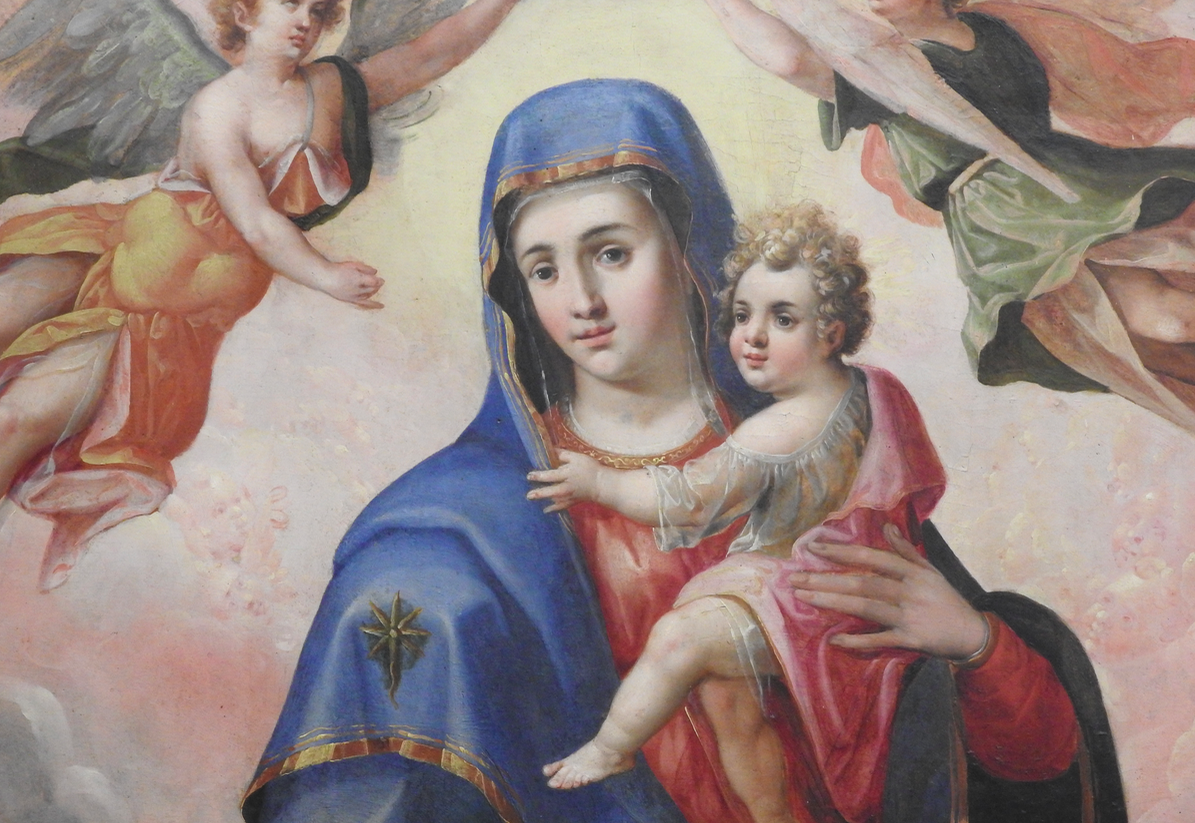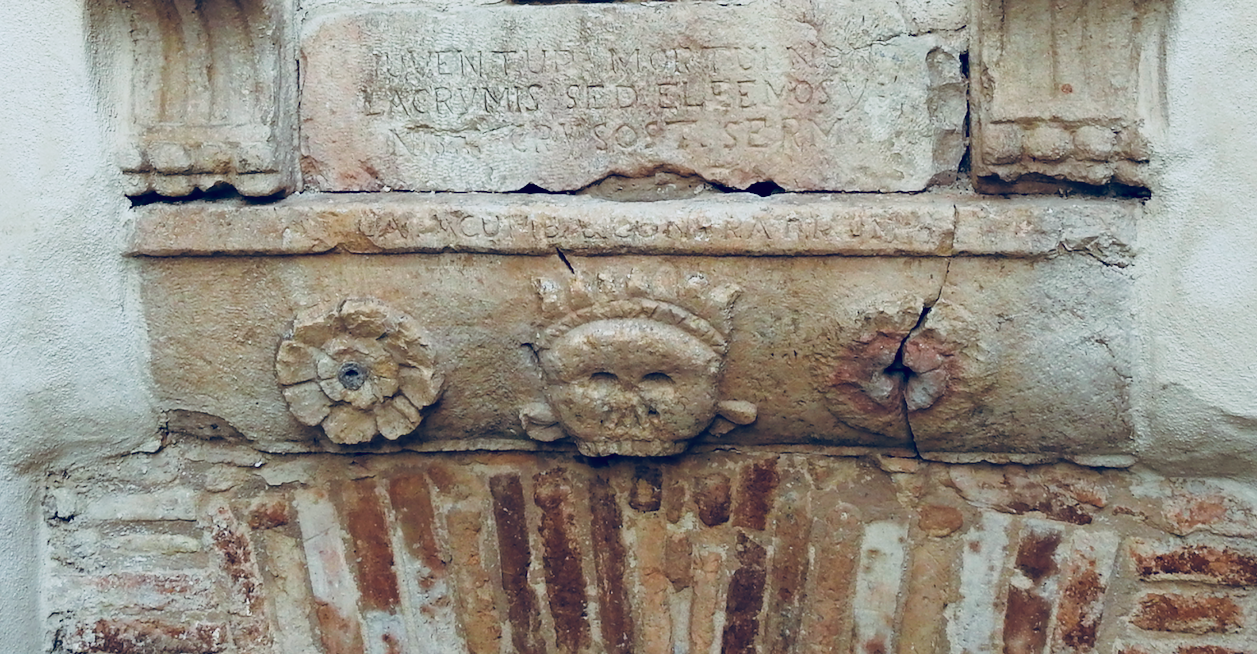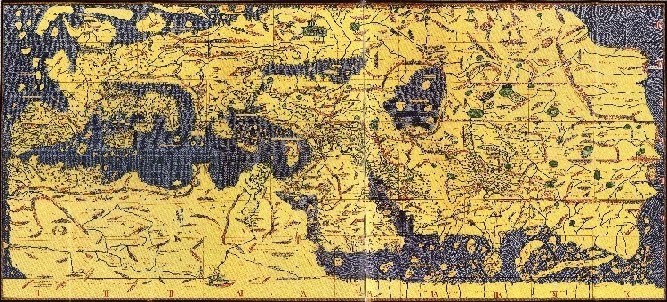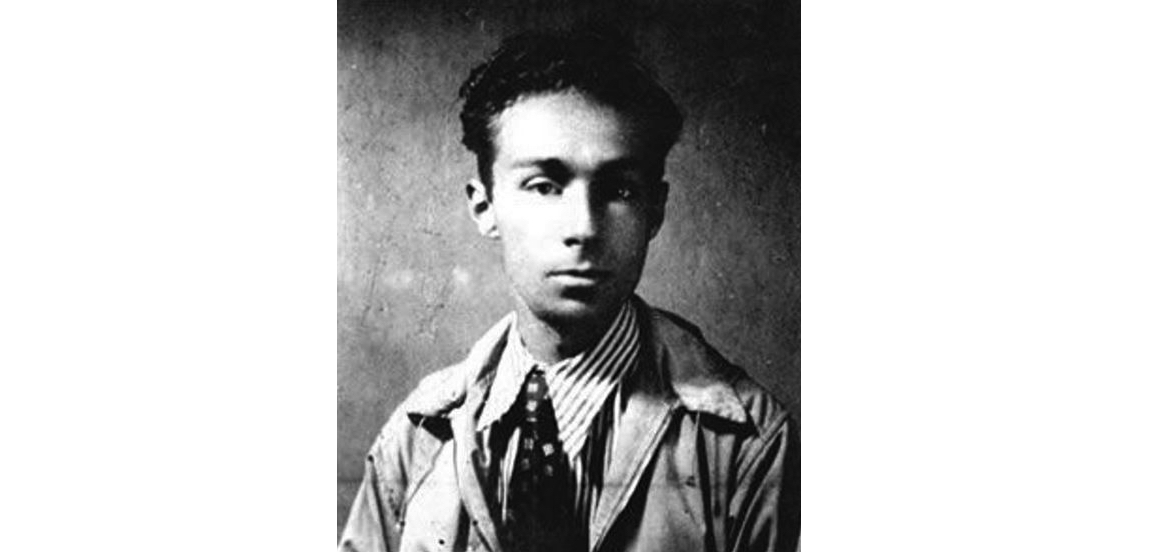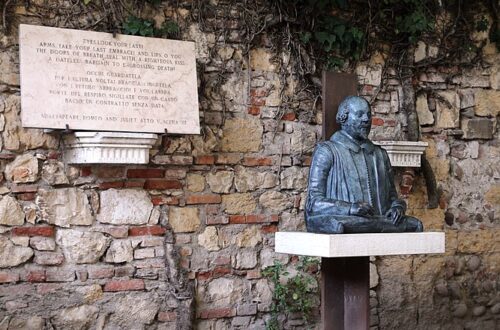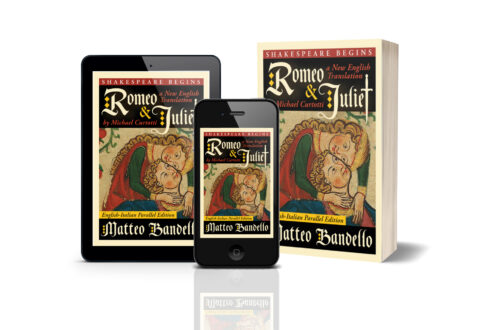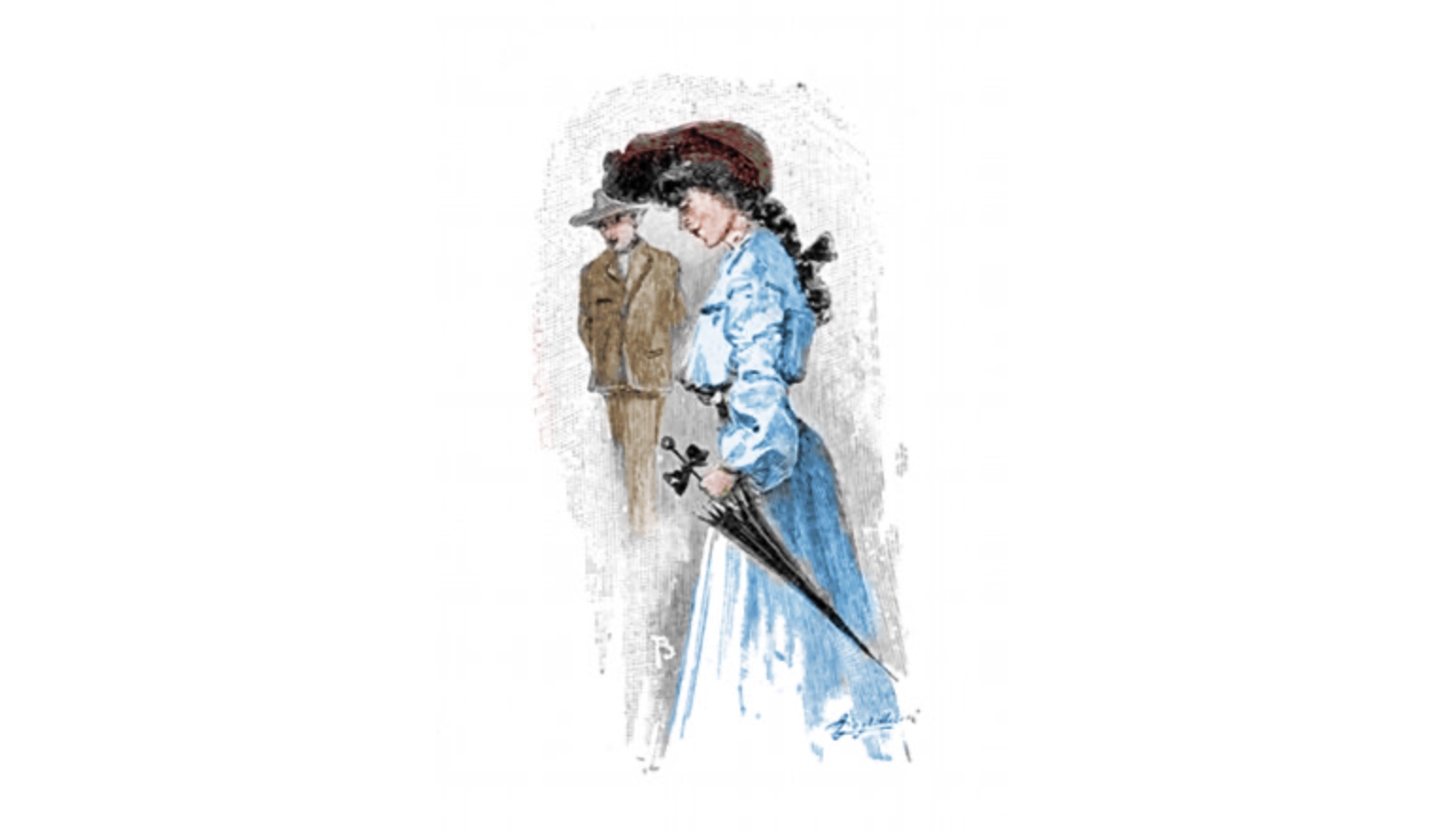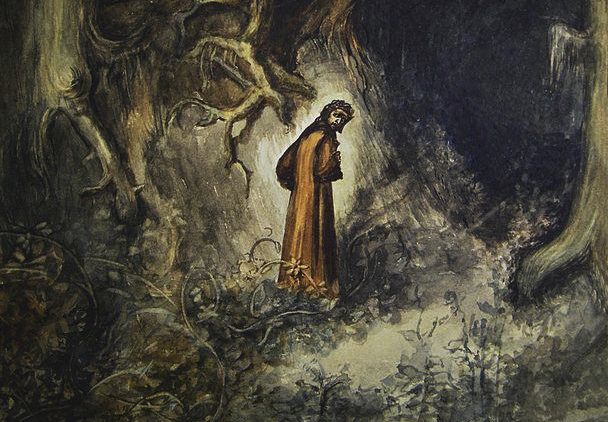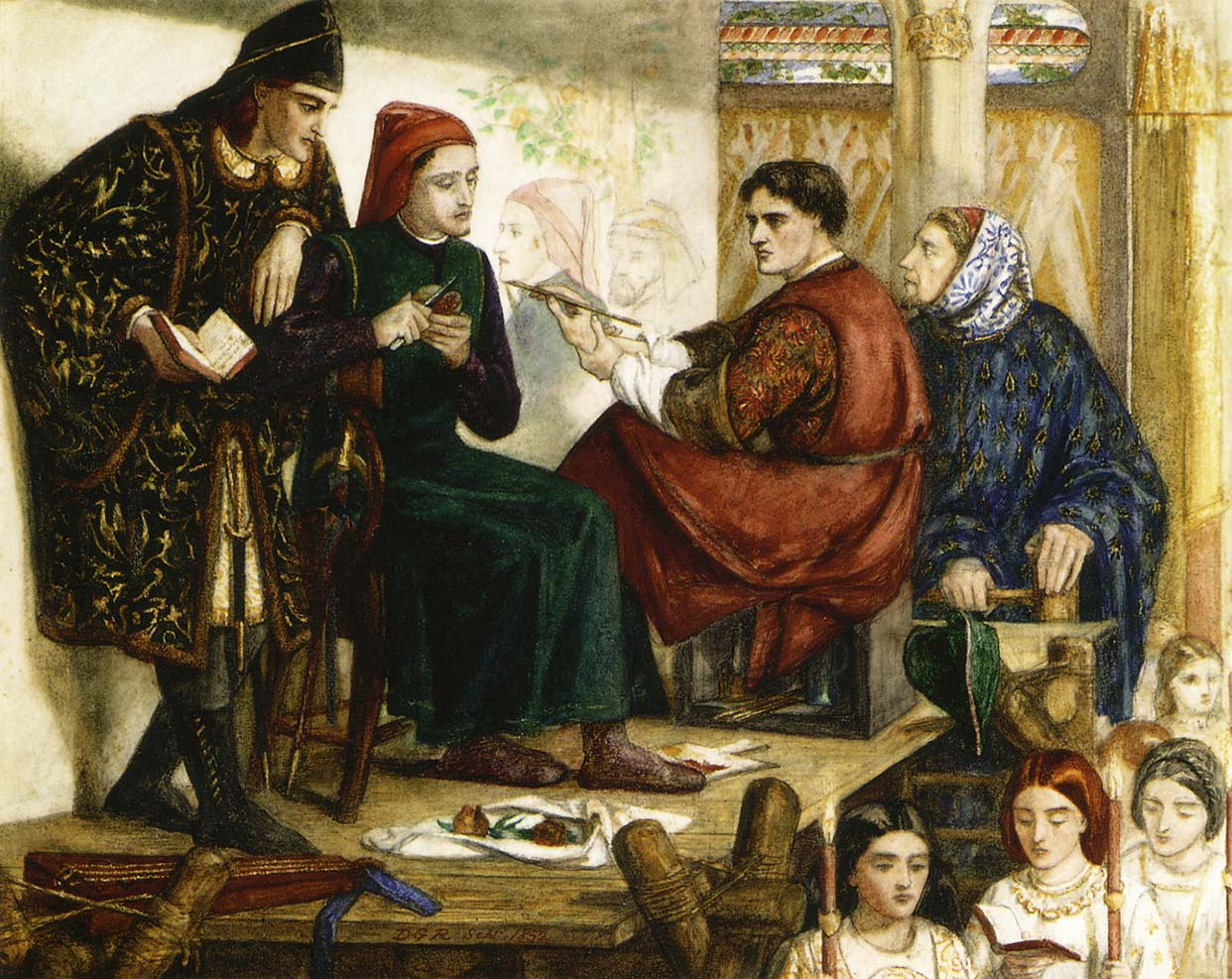Italian Stories
-
Alessandro Manzoni and the Betrothed (I Promessi Sposi)
Alessandro Manzoni is a talented story teller and a perceptive observer of character. His novel, the Betrothed (I Promessi Sposi) has been celebrated as a gem of Italian literature ever since its publication. It is readily available as a physical, ebook or audiobook (see below) and several movie and serial versions have been made. The novel’s main characters, Renzo and Lucia are in love and they are to be married. Yet achieving this happy and unexceptional outcome turns out to be far from easy in Lombardy of the 1600s in which the historical novel is set. Manzoni wrote his book in the early 1800s, two hundred years later, so we see a more…
-
Police Order Number 5: The Jewish Holocaust in Italy
For years talk of race had been everywhere and step by step the path led towards the Jewish Holocaust in Italy. When, on 30 November 1943, Duffarini-Guido, Minister of the Interior placed his signature on Police Order Number 5, what was already a reality of oppressive persecution became an implacable machine of death. Primo Levi passed through that machine when it sent him to Auschwitz. The War in Italy On 9 July 1943 allied troops had landed in Sicily and by 3 September the invasion of the Italian mainland began. The same day Italy signed an armistice with the allies. The Grand Fascist Council had already lost faith in “Il…
-
Italy’s Rapunzel, Cinderella and other Italian Fairy Tales
The first European collection of Fairy Tales, the Tale of Tales was written in Naples in 1630. It tells such well-known stories as Rapunzel (Petrosinella – or Little Parsley) and Cinderella (La Gatta Cenerentola). Giambattista Basile wrote the Tale of Tales (also known as the Pentamerone) in Neapolitan rather than standard Italian. It was the first book of children’s fairy stories published in Europe and arguably gave birth to the written genre that we know today, although the spoken tradition is much older. Basile’s book is a who’s who of fairy tale characters we know today. As well as Rapunzel and Cinderella (La Gatta Cenerentola) the story of Snow White,…
-
Isabella’s Castle Prison and Her Poetic Escape
Isabella di Morra looked out from a height. Below, in a deep chasm, flowed a river. Her river, the Sinni. Isabella turned her eyes to the sea, searching the horizon for a ship. It was the ship that would carry her free from her prison, her own family’s castle. D'un alto monte, onde si scorge il mare,miro sovente io, tua figlia Isabella,s'alcun legno spalmato in quello appare,che di te, padre, e mi doni novella, ...From a high mountain, where sea is seen,Often I gaze, Isabella, your daughter,For the gleam of any glistening beam,Which of you, father, brings news across water ...Ch’io non veggo nel mar remo né vela (così deserto…
-
Commentary – Who am I to Speak to You of Italy
This article is the promised commentary on: “Who am I to Speak to You of Italy“, which I wrote in April. In part a commentary recognises that our words never really leave us. They travel along with us and reveal new unimagined meanings and inspire new departures as they speak to us from memory. Much is communicated in Who am I to Speak … by allusion; and many unwritten and written words lie under those that were set down, and a commentary may enrich communication. However, it is not necessary to read the commentary and you may choose not to do so, as commentary (even by writer) may also confine…
-
Primo Levi Zinc and the Pure Race
There is a place so deep in hell that Virgil could not bear to show it to Dante. Science, in unholy coupling with prejudice, indifference and self-interest, discovered it in our own times: and called it Auschwitz. Primo Levi, an Italian Jew, passed through that hell, and survived. Although, until Fascism made of him a thing to be exterminated, Levi hadn’t given any importance to his Jewishness. Zinc is a short story of Primo as a young chemistry student. Like countless young men before him he meets a girl: Rita, and shares the exhilaration of the first faltering steps of getting to know her. It could be the story of…
-
The Lost Cities of Ancient Apulia – South-East Italy
When we read stories of ancient pre-Roman Italy, often the point of view we absorb is that of the Greek city-states of southern Italy, or of their later Roman neighbours. Virtually no written material except the Greek or Roman has survived the ancient period. This is despite writing having spread to their neighbours. To the extent that other peoples of ancient Italy appear in the written record, they do so as “decoration” in Roman and Greek centred stories. The peoples of Ancient Apulia are a case in point. The Greek and Romans often described the people around them as “tribal” and led by kings or chiefs. From the seventeenth to…
-
Lingering in Limbo: Dante’s Inferno
Limbo, it turns out, isn’t so bad, even if is found in the first level of Dante Alighieri’s hell. As Dante’s allegory of the journey of the soul continues, it will take him to a beautiful castle inhabited by the good and the great. Far from suffering the tortures of hell, although they can never leave, they are surrounded by meadows and hang out in erudite splendour. But before Dante gets there he has more adventures. Beatrice sends Virgil to the Rescue The ghost of Virgil, a long dead Roman poet, has shown up just in time to take on the job as Dante’s guide. But what’s in it for…
-
The Divine Comedy begins: Lost and on the Road to Hell
The Dante Alighieri of the Divine Comedy is lost. He needs help and is afraid. He doubts himself and often weeps at the human suffering or folly he will see on his journey. Will he be able to reach the end? He doesn’t know. It’s this kind of frail humanity of Dante’s poetry that still speaks to us across hundreds of years. Dante writes in the first person, and that’s part of his magic. We see the world through his eyes, as if we ourselves were sharing the journey. Indeed Dante says we are. Nel mezzo del cammin di nostra vita, the poem begins: In the middle of the journey…
